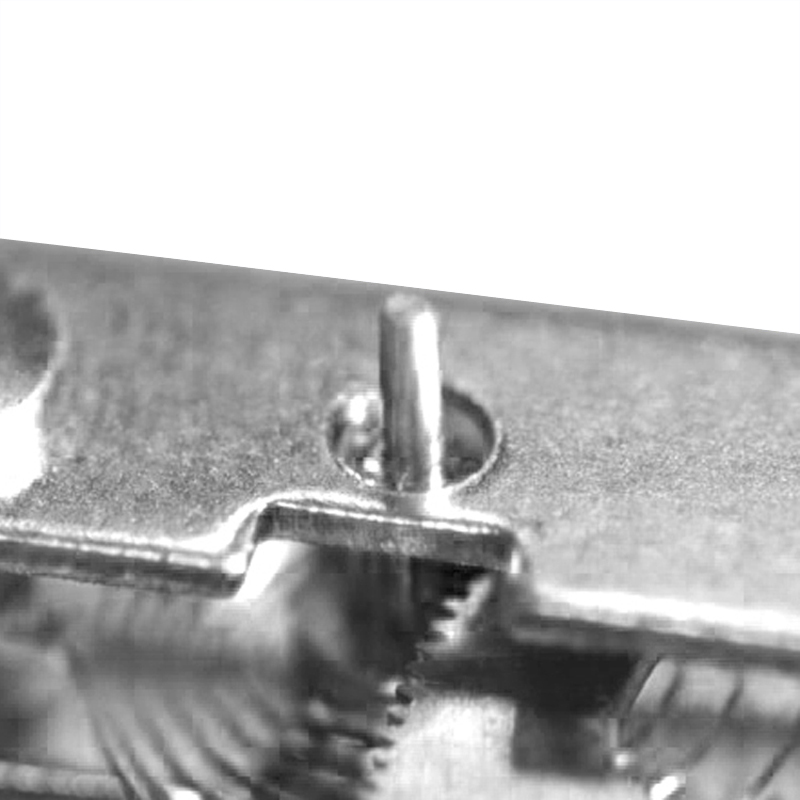
أغسطس . 14, 2024 18:22 Back to list
Evaluating the Precision and Reliability of Differential Pressure Gauge Performance in Various Applications
Understanding Differential Pressure Gauge Accuracy
Differential pressure gauges are critical instruments widely used in various industries, including oil and gas, water treatment, pharmaceuticals, and manufacturing. These devices measure the pressure difference between two points in a system, providing crucial data that can be used for flow measurement, filtration monitoring, and level measurement, among other applications. However, the accuracy of these gauges is paramount, as even slight deviations can lead to significant operational issues or safety hazards.
The Importance of Accuracy
Accurate measurements from differential pressure gauges are essential since they directly affect system performance. An erroneous reading can lead to inefficient operations, excess energy consumption, and even equipment failures. For instance, in a filtration system, if the differential pressure gauge provides an inaccurate reading, it could show that filters are clean when they are not, resulting in increased system strain and potential damage. Thus, understanding the factors that contribute to gauge accuracy is critical for ensuring reliable operations.
Factors Influencing Accuracy
1. Calibration Regular calibration of differential pressure gauges is essential for maintaining accuracy. Calibration involves comparing the gauge readings against a standard or known reference to identify any discrepancies. Over time, gauges can drift from their calibrated settings due to wear, environmental conditions, or mechanical stress. Therefore, periodic calibration and adjustment are necessary to ensure that readings remain valid.
2. Temperature Effects Differential pressure readings can be affected by temperature variations. Changes in temperature can cause thermal expansion of the gauge components, resulting in altered readings. It's essential to consider temperature compensation in the design of differential pressure gauges, especially in environments with fluctuating temperatures.
differential pressure gauge accuracy jah

3. Fluid Characteristics The properties of the fluid being measured—such as viscosity, density, and temperature—play a crucial role in pressure readings. Different fluids behave differently under various conditions, and these variations can affect the differential pressure measurements. Using gauges rated for specific fluid properties can help to improve accuracy.
4. Installation Proper installation of differential pressure gauges is essential for achieving accurate readings. The positioning of the gauge, including the orientation and location, can introduce errors if not done correctly. For instance, if a gauge is installed at an angle or in a location where it is susceptible to vibrations, it may yield misleading measurements.
5. Mechanical Integrity The design and materials used in constructing differential pressure gauges affect their durability and performance. Gauges made from high-quality, corrosion-resistant materials are more likely to perform accurately over time. Regular inspection for signs of wear or damage can help identify issues before they lead to inaccuracies.
Conclusion
In conclusion, understanding the accuracy of differential pressure gauges is crucial for optimizing industrial processes and ensuring safety. Several factors impact gauge performance, including calibration, temperature effects, fluid characteristics, installation practices, and overall mechanical integrity. By focusing on these aspects, industries can maintain the accuracy of their differential pressure measurements, leading to improved operational efficiency, reduced costs, and enhanced safety.
For businesses that rely on these instruments, investing in high-quality gauges and adhering to best practices regarding their use and maintenance can significantly impact overall performance. Regular training for personnel on the importance of differential pressure gauge accuracy and the factors influencing it can further enhance operational reliability and efficiency. Ultimately, accurate gauging translates to better decision-making and a more streamlined process, which is essential in today's competitive industrial landscape.
-
High-Precision 5 Valve Manifold Differential Pressure Gauge Suppliers
NewsApr.29,2025
-
High-Precision Diaphragm Vacuum Pressure Gauges Manufacturers & Quotes
NewsApr.29,2025
-
Omega Differential Pressure Gauges High Accuracy & Durability
NewsApr.28,2025
-
Low Pressure Differential Pressure Gauges Precision Solutions & Quotes
NewsApr.28,2025
-
Digital Diaphragm Pressure Gaauge Precision Measurement & OEM Quotes
NewsApr.28,2025
-
Differential Pressure Gauge China Price High-Accuracy & Best Quotes
NewsApr.28,2025
